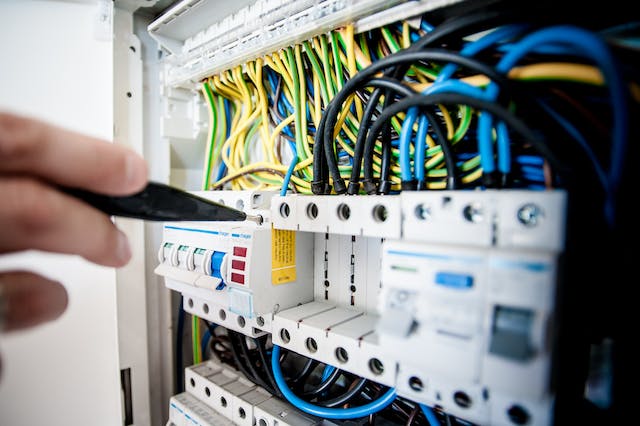Businesses of all sizes generate and manage a vast amount of data daily. This data, ranging from confidential business documents to customer information, is the lifeblood of modern enterprises. Managing this data efficiently and securely is crucial, and this is where the role of a file server becomes pivotal. A file server, in its simplest form, is a dedicated computer networked to store and manage files in a central location. This article explores the importance of a file server for businesses.
Centralized Data Management
One of the primary benefits of a file server is centralized data management. With a file server, all the business data is stored in one location. This centralization makes it easier to organize, access, and manage files. Employees can easily find the files they need without having to sift through multiple locations. This not only saves time but also enhances productivity.
Enhanced Security
Security is a top concern for any business. File servers offer improved security features compared to individual PCs or local storage. They can be equipped with advanced security protocols, firewalls, and antivirus software to protect sensitive data from unauthorized access and cyber threats. Additionally, access to files can be controlled and monitored, ensuring that only authorized personnel have access to sensitive information.
Data Backup and Recovery
Data loss can be catastrophic for a business. File servers facilitate regular backups of the stored data. In the event of a system failure, natural disaster, or cyberattack, having a backup means that the business can quickly recover its critical data, minimizing downtime and potential losses.
Scalability
As a business grows, so does its data. File servers are scalable, meaning they can be upgraded to accommodate increased storage needs. This scalability ensures that businesses can continue to efficiently manage their data without the need for frequent system overhauls.
Collaboration and Remote Access
In today’s global business environment, collaboration and remote working are becoming increasingly common. A file server allows multiple users to access and work on files simultaneously, regardless of their location. This capability is crucial for businesses with multiple offices or remote employees, as it ensures that everyone has access to the same files and information.
Cost-Effective
Maintaining a file server can be more cost-effective in the long run compared to other storage solutions. While the initial setup cost might be higher, the centralized system reduces the need for individual storage solutions at each workstation. Additionally, it reduces the risk of data loss and the associated costs.
Regulatory Compliance
Many businesses are subject to regulatory requirements regarding data management and protection. File servers can be configured to comply with various regulations, such as GDPR, HIPAA, or SOX. This compliance is crucial for avoiding legal penalties and maintaining customer trust.
Conclusion
In conclusion, a file server is a vital component of a modern business’s IT infrastructure. It offers centralized data management, enhanced security, efficient backup and recovery options, scalability, and facilitates collaboration and remote access. Additionally, it is a cost-effective solution that can help businesses comply with regulatory standards. Investing in a robust file server system is not just about storing data; it’s about safeguarding the business’s most valuable asset – its information.






